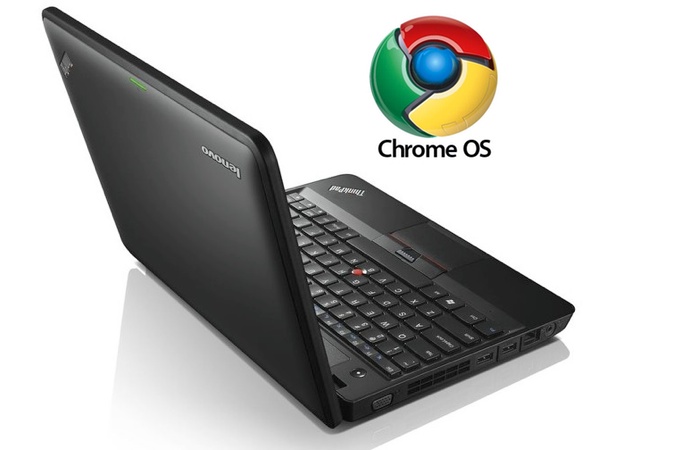Lenovo Launches Its First ThinkPad Chromebook for Schools

It looks like Windows 8 just got detention. Lenovo is targeting the education market with a new laptop powered by Google's OS instead of Microsoft's. The ThinkPad X131e Chromebook is a ruggedized device that Lenovo says will make the lives of school administrators easier while providing students and teachers access to thousands of apps.
Apparently, Lenovo's Windows-powered X131e for schools wasn't cutting it, as this Chrome OS variant will tap into Google's Apps for Education as well as its Chrome Web Store. And because this version of the X131e operates mostly in the cloud, IT teams will be able to manage security with less effort via a single dashboard. In fact, an IDC report claims that Chromebooks require 69 percent less labor to deploy and 92 percent less labor to support than Windows machines.
The notebook itself features an unnamed Intel processor, an 11-inch, anti-glare display with 1366 x 768 resolution, three USB ports and both HDMI and VGA ports. Lenovo didn't provide exact battery life estimates but claims the X131e can last an entire school day.
What separates this Chromebook from the likes of Samsung's Series 3 and the Acer C7 is its durability. There's a rubber bumper and reinforced corners on the X131e to prevent drop damage, and the hinges were tested to last more than 50,0000 open-and-close cycles. All of this ruggedness adds up to a chassis that weighs 3.9 pounds, which is fairly portable but considerably heavier than the Samsung (2.4 pounds) and Acer (3.1 pounds) Chromebooks.
According to Lenovo, the ThinkPad X131e Chromebook will be available starting February 26th via special bidding, but pricing has not yet been announced.
Stay in the know with Laptop Mag
Get our in-depth reviews, helpful tips, great deals, and the biggest news stories delivered to your inbox.

